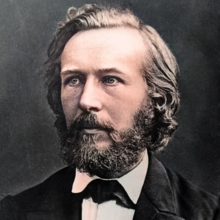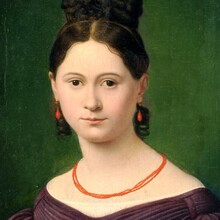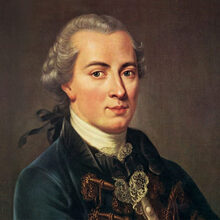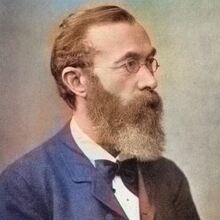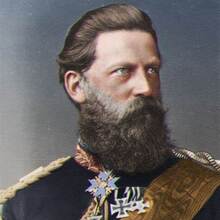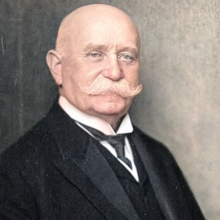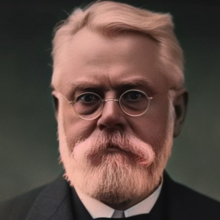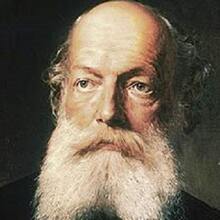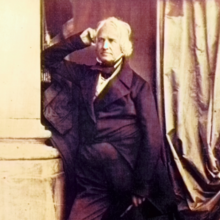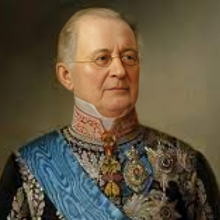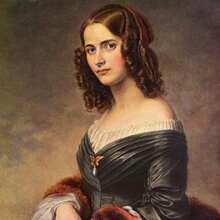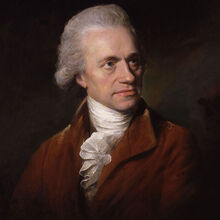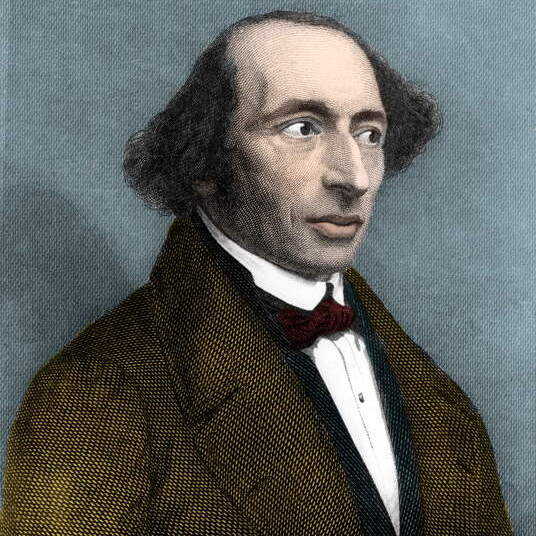
Personal
Other names:
Job / Known for:
Mathematician
Left traces:
Jacobi's elliptic functions, Jacobian
Born
Date:
1804-12-10
Location:
DE
Potsdam, Kingdom of Prussia
Died
Date:
1851-02-18 (aged 47)
Resting place:
DE
Death Cause:
Smallpox
Family
Spouse:
Children:
Parent(s):
Simon Jacobi and Regina Leibmann Jacobi
QR Code:
 My QR code:
Carl Gustav Jacob Jacobi
https://DearGone.com/11122
My QR code:
Carl Gustav Jacob Jacobi
https://DearGone.com/11122
Key Ownner:
Not yet supported by key owner
Show More
Rank
Users ranking to :
Thanks, you rate star
Ranking
5.0
1
Fullname
Carl Gustav Jacob Jacobi
Slogan
Research, not adulation, is the language to speak to me.
About me / Bio:
Show More
Article for Carl Gustav Jacob Jacobi
Died profile like Carl Gustav Jacob Jacobi
Comments:
